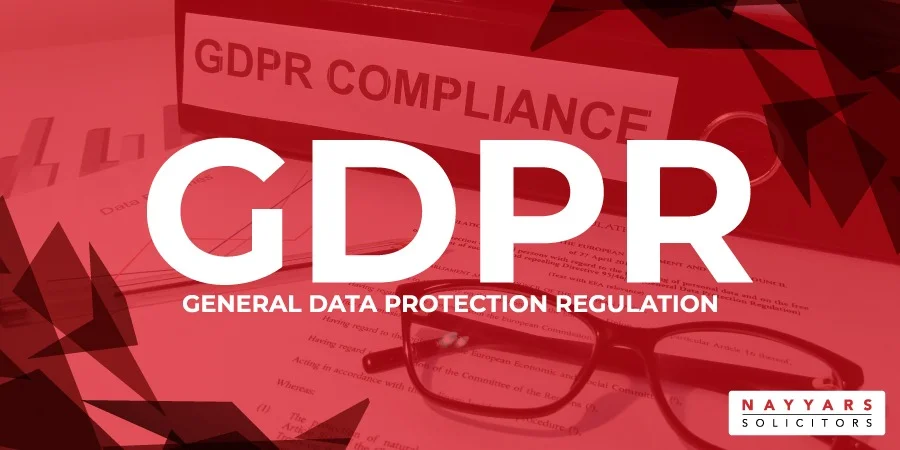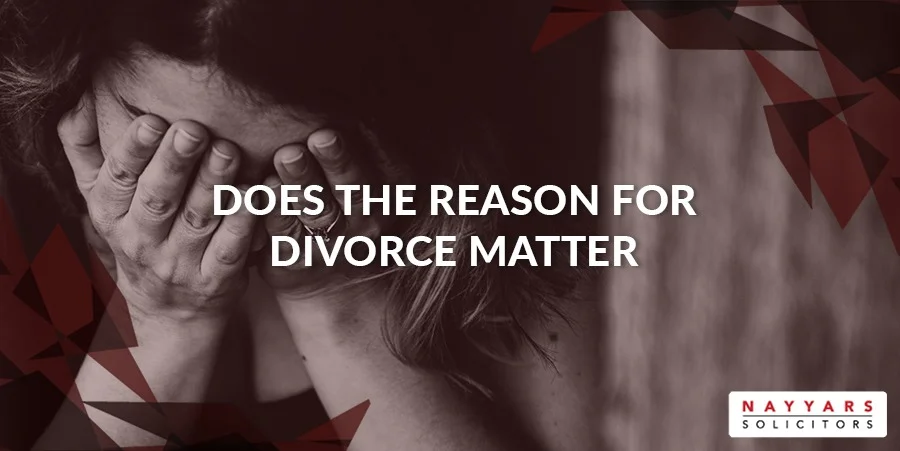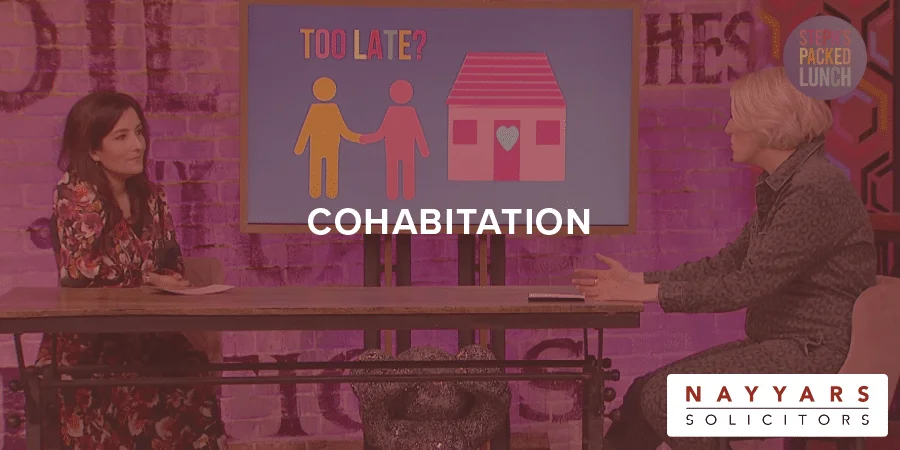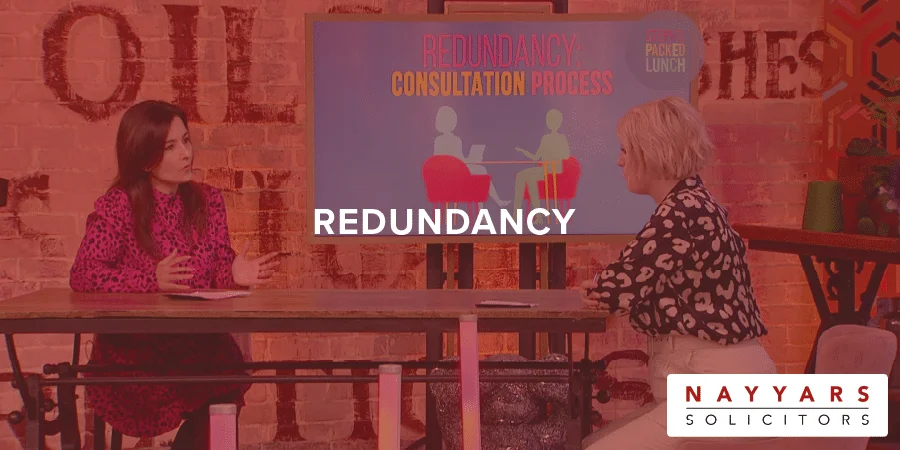How to Claim for Medical Negligence in the UK?
If you suspect the medical care you have received was negligent then you may want to make a claim for compensation. However, this can be a daunting proposition, especially when you consider the amount of legal process and jargon you will be exposed to.
In our experience, the success of most medical negligence claims is determined early. Accurately identifying how your care was negligent and gathering evidence to support this position is vital but to do this, you need to understand the claims process as a whole.
We are going to share how to make a claim for medical negligence in the UK here, but before we do, a word of warning. When it comes to pursuing a medical negligence claim, the process is not simple. We are going to highlight each step and what you can do yourself, but the claims process should be handled by an experienced solicitor.
Determining Your Claim
Perhaps one of the most common reasons for a medical negligence claim failing is because there was not a claim in the first place. That is why, before you invest your time and energy, you need to make sure your case was actually negligent.
Unlike a personal injury claim, where you simply need to show that someone else caused your injury, medical negligence claims have to prove that the care you received contained mistakes that a competent doctor would not have made. This is also known as ‘liability’ or a ‘breach of duty’.
Alongside this, you also need to show causation — that the treatment you received actually caused you harm. This may seem simple but, in fact, it is extremely complex, since you have to show that the harm was not a result of any underlying medical condition.
Proving both liability and causation is no simple task, then, and one of the reasons you should seek the help of an expert.
While you are determining the validity of your claim, you also need to ensure you know exactly who you are claiming against. In many cases, the defendant is not the person who provided you with the negligent care. An obvious example is in the NHS, where a doctor may be at fault, but you would claim against the NHS Trust.
Likewise, you will also need to give some thought to what damages you have incurred as a result of your care. When we talk about damages, we are referring to what your negligent care has cost you. Damages could anything from a loss of earnings to expenses for additional treatment or equipment.
Again, putting a number on what your care has cost you can be difficult, especially if you do not have a prognosis for how your resultant injury or condition will impact you in the future. However, it is important that you are as accurate as possible, as the last thing you want to do is claim for too little.
Using an Official Complaints Procedure
Once you are comfortable that you have been a victim of medical negligence, it is time to start the claims process. However, before we talk about that, let us take a moment to review another option you can pursue yourself.
In almost all cases, if you have received negligent care there is an official procedure for making an official complaint. While you do not have to make a complaint before launching legal action, it can be useful to do so if you are not exactly sure what happened and want more information.
Making a complaint should not be viewed as an alternative for making a legal claim for medical negligence. In fact, in most NHS cases, a complaint can be investigated while you pursue your claim. Only in rare cases could the two conflict, such as if a judge ruled that an investigation into your care by the NHS would interfere with your legal case.
Gathering Evidence
For the reasons already mentioned, gathering evidence is a huge part of claim success. It is not enough to simply show that you have been hurt while in the care of a medical professional. To prove negligence, you need to demonstrate that the actions (or lack of) taken would not have been done by a competent professional.
The collection of this evidence needs to be comprehensive, which can make the task time-consuming and complex. For that reason, evidence gathering is best conducted by a solicitor.
As a starting point, your solicitor will apply for your medical records. This will include the necessary treatment information, as well as any evidence of your condition before and after treatment, such as x-rays.
What other evidence is required will depend entirely on the specifics of your case. For example, if your care left you with visible bruises, documenting this with photographs is essential.
Likewise, if the negligence has left you unable to work or having to pay additional costs for ongoing treatment, your solicitor will work with you to identify exactly what damages you can claim for.
Speaking to a Medical Expert
One of the most important elements of the evidence gathering is seeking the advice of a medical expert. First and foremost, this is key to identifying the severity of the damage caused and how long it should be expected to last. Only with this information can you accurately calculate what your claim is worth.
Secondly, a medical expert will be able to give some insight into whether the care you received fell below the expected standards of a professional. Again, this is key to proving negligence took place.
Sending a Letter of Claim
Once you have substantiated your claim with the required evidence, it is time to bring it to the attention of the defendant. This is done by sending a letter of claim, which alleges the negligence. Alongside the allegation, the letter sets out key information, such as the legal basis and the amount of damages you are claiming.
Once the defendant receives the letter, they then have 14 days to reply, and a further four months to provide a detailed response. Their response will come in one of the following ways:
- A full denial of the claim
- A denial of part of the claim
- An offer to settle, either with or without admitting negligence
If the claim is denied then your solicitor may choose to gather further evidence in preparation for the potential that the case may need to be decided in court.
Negotiating a Settlement
While your case going to court is always a possibility, the good news is that it rarely becomes an eventuality. It is almost always more advantageous for both parties to settle the claim out of court, so this is what your solicitor will aim to do.
If your claim is against the NHS, then the chances of successfully agreeing a settlement are high. If you make a claim against the NHS they are usually represented by the NHS Litigation Authority. Of the cases they handle, fewer than 2% reach court. The rest are either settled or dropped.
Issuing Court Proceedings
If your case cannot be settled, then the next step is for your solicitor to issue court proceedings.
Doing so requires submitting paperwork to the court, along with providing copies of evidence, such as expert opinions and information about loss of earnings now and in the future. The defendant will then file their defence to the claim with the court.
The value and complexity of the claim will determine where your case is heard, with lower value claims typically heard in the County Court and higher value claims heard in the High Court.
Court dates will then be set in which your solicitor can put your claim before a judge. The judge will then write to both parties to inform you whether your claim was successful and the amount of compensation you will be awarded.
Finally, issuing proceedings is not a guarantee that your case will go to court. The gears in court move slowly, so during this time there is still the chance that your claim can be settled.
How Long Do You Have to Claim?
If you think you have suffered medical negligence then it is important to act quickly as you only have three years from the date of realising your care is negligent. For children, they have until their 21st birthday, and if someone dies as a result of medical negligence, their family has three years from the date of the death to pursue a claim.
While three years may seem like a long time, it is not when you consider the volume of information and evidence that needs to be gathered. Therefore, it is important to speak to a solicitor as early as possible so you can start building a strong claim from day one.
So, if you think you may have a claim for medical negligence, get in touch with the team at Nayyars Solicitors to find out how we can help you on a no-win-no-fee basis.
























